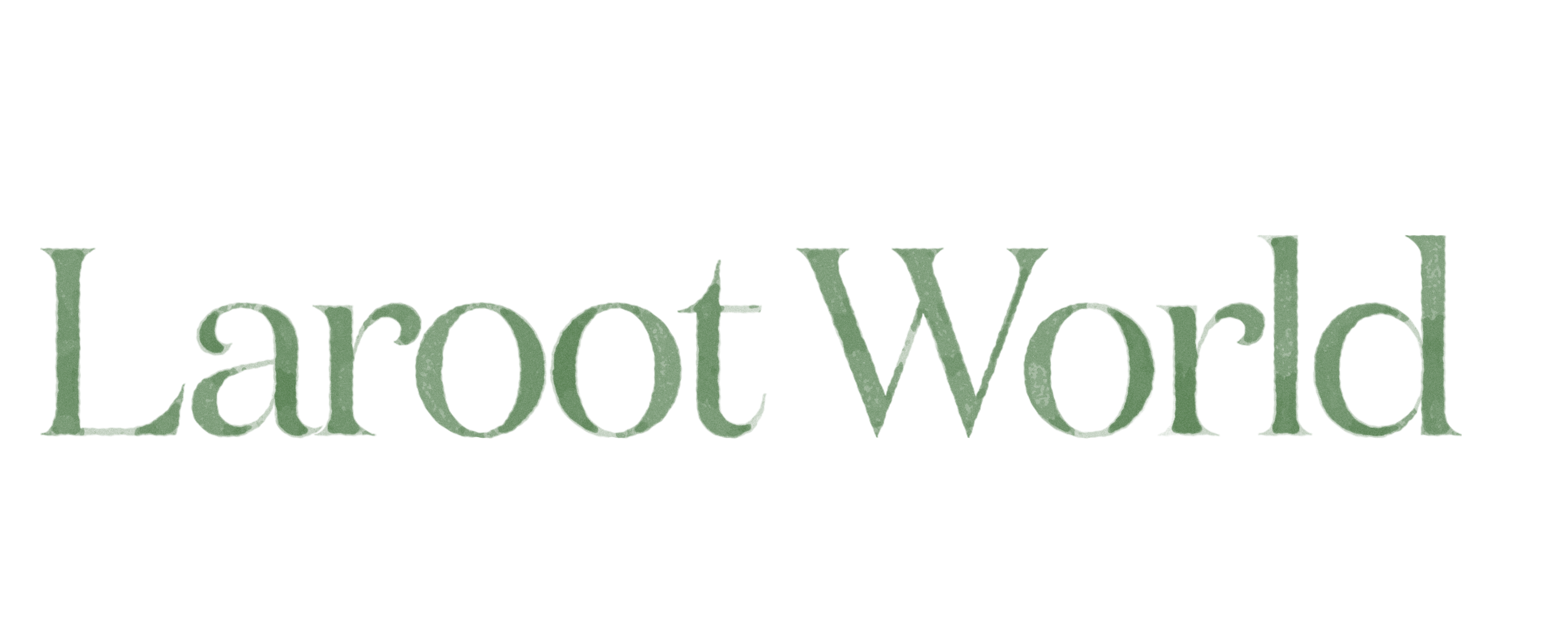Exploring TCM Principles with Naria Diaz Chi

At Laroot, we create our dishes together with medical advisors specializing in Traditional Chinese Medicine (TCM), Ayurvedic medicine, Western medicine, nutrition, and dietetics. Meet Naria Diaz Chi, our TCM Medical Advisor, who blends ancient wisdom with modern wellness!
Rooted in Korean traditions and an expert in oriental medicine and Chinese herbalism, Naria offers a unique perspective on the healing power of food. We sat down with Naria to discuss how TCM principles can transform our approach to diet and health.
How has growing up in Korea influenced your approach to health and wellness?
“Growing up in Korea, our lifestyle and diet naturally aligned with health principles. During my graduate studies in oriental medicine, I realized many dishes I ate were forms of seasonal food therapy. This deepened my appreciation for the concept that food is medicine.”
How does Taoist philosophy view health and the role of food?
“Taoist philosophy sees health as a state of balance, where food selection is crucial. A healthy body requires equilibrium between Yin and Yang and the five elements—wood, fire, earth, metal, and water. These elements, linked to specific colors and tastes, influence our health.”
How do the five basic elements and their corresponding flavors and colors impact health?
“Each element—fire, wood, water, metal, and earth—corresponds to a flavor: bitter, sour, salty, spicy, and sweet. These flavors are also linked to colors: blue/green, red, yellow, white, and black. Foods matching these elements can help repair and support organs associated with each flavor.”
How do you incorporate TCM principles into dietary recommendations?
“In TCM, food has medicinal properties. Each food has specific energies, temperatures, and properties. For example, for a dry cough, I might recommend cooling vegetables like daikon or pears. These foods bring coolness to the lungs, helping to moisten and clear heat, resolving the cough.”
What is an example of a therapeutic dish in TCM?
“A dish like bison with lotus roots, black sesame paste, and dandelion greens illustrates this. Bison builds blood, lotus root calms the spirit, and dandelion greens move liver energy, improving mood. Seasoning with garlic, red pepper flakes, and ginger enhances these benefits, supporting emotional and mental well-being.”
How do the concepts of Yin and Yang influence your dietary recommendations?
“In TCM, balancing Yin and Yang is fundamental to health. Foods are classified as Yin (cooling) or Yang (warming), and their balance is crucial. For example, foods like watermelon are very cooling (Yin), which is great for summer but should be avoided in winter to maintain warmth in the body.”
Can you elaborate on how fermented foods in Korean cuisine align with TCM principles?
“Fermented foods like doenjang and gochujang not only preserve food but also enhance health. They promote the growth of beneficial bacteria in the gut, supporting digestion and immune function, which aligns with TCM's emphasis on gut health and its impact on overall well-being.”
How do you adapt TCM dietary recommendations based on seasonal changes?
“Seasonal changes influence our health, and TCM adjusts dietary recommendations accordingly. For example, in winter, warming foods like cinnamon and ginger are recommended to support circulation and warmth, while in summer, cooling foods like cucumber and mint help maintain balance in hot weather.”
Can you explain how specific TCM principles address common health issues such as anxiety or allergies?
“For anxiety, TCM suggests foods that calm the spirit, such as lotus root and dandelion greens, which help regulate emotions and liver function. Similarly, herbs like burdock are used to alleviate allergies by supporting immune function and reducing inflammation.”
How does TCM approach the concept of food as medicine differently from Western medicine?
“In TCM, food is seen as having specific energies and properties that can directly impact health and balance in the body. For example, foods are classified not just by their nutritional content but by their energetic effects, such as warming or cooling properties, which are used to treat and prevent illnesses.”
How does Laroot align with TCM principles?
“Laroot provides balanced meals that incorporate the Yin-Yang structures of food, the five elements, and a harmony of temperatures. The service offers essential ingredients and spices that enhance digestion and nutrient absorption, leading to improved health and a deeper connection to TCM principles.”
Laroot exemplifies a commitment to integrating TCM principles into modern dietary practices, guided by the expertise of Naria Diaz Chi. By emphasizing the balance of Yin and Yang, harnessing the therapeutic potential of foods aligned with the five elements, and adapting to seasonal needs, Laroot not only enhances culinary experiences but also promotes holistic well-being. This holistic approach, rooted in ancient wisdom and tailored to contemporary lifestyles, underscores the transformative impact of food as medicine in fostering optimal health and vitality.
